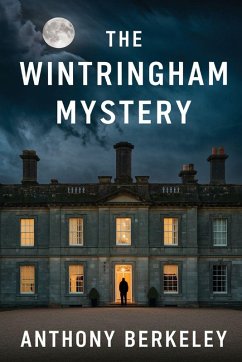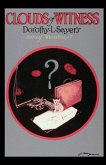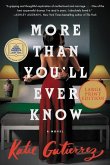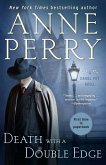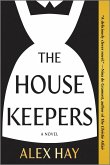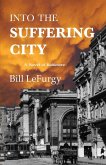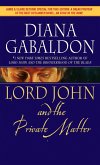Army officer Stephen Munro, who has been demobbed, decides to accept a position as a footman in order to make ends meet. Working for the elderly Lady Susan Carey at her lovely but dilapidated Sussex country home, Wintringham Hall, Stephen's first duty is to greet her eccentric guests at a weekend house party. Her bombastic nephew, who recognises Stephen from his previous life, decides that an after-dinner séance would be more entertaining than bridge. Cicely then vanishes! Lady Susan is reluctant to report what is likely a childish prank to the authorities, so Stephen and the brave Pauline Mainwaring decide to look into it. The game becomes much more serious after a suspicious demise, though. This age-appropriate winter mystery features a sprawling country home, a séance, a murder, a room locked from the inside, servants, suspects, and alibis, as well as a clever puzzle.
Bitte wählen Sie Ihr Anliegen aus.
Rechnungen
Retourenschein anfordern
Bestellstatus
Storno

